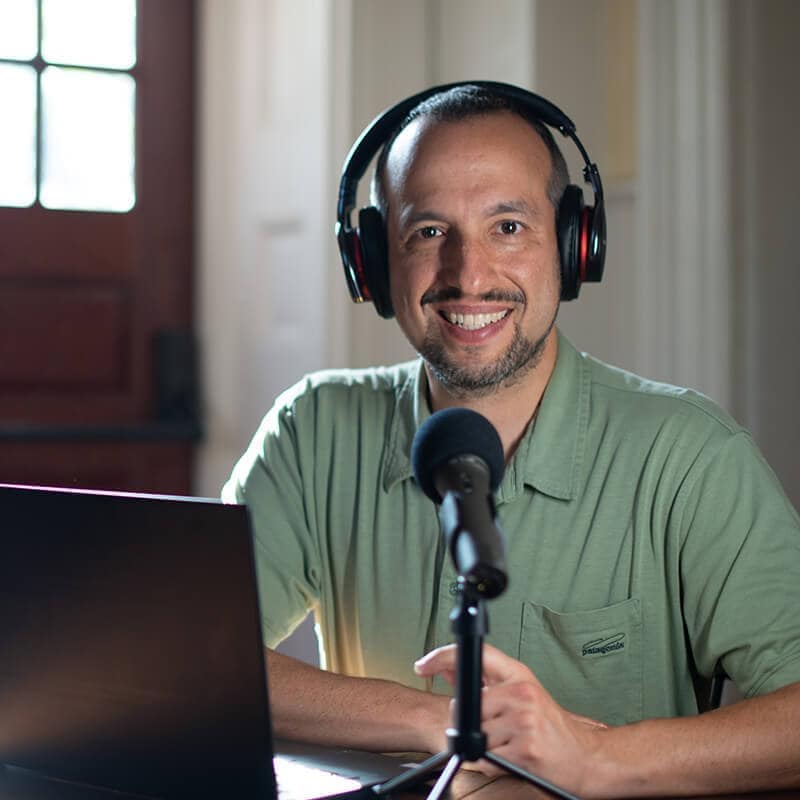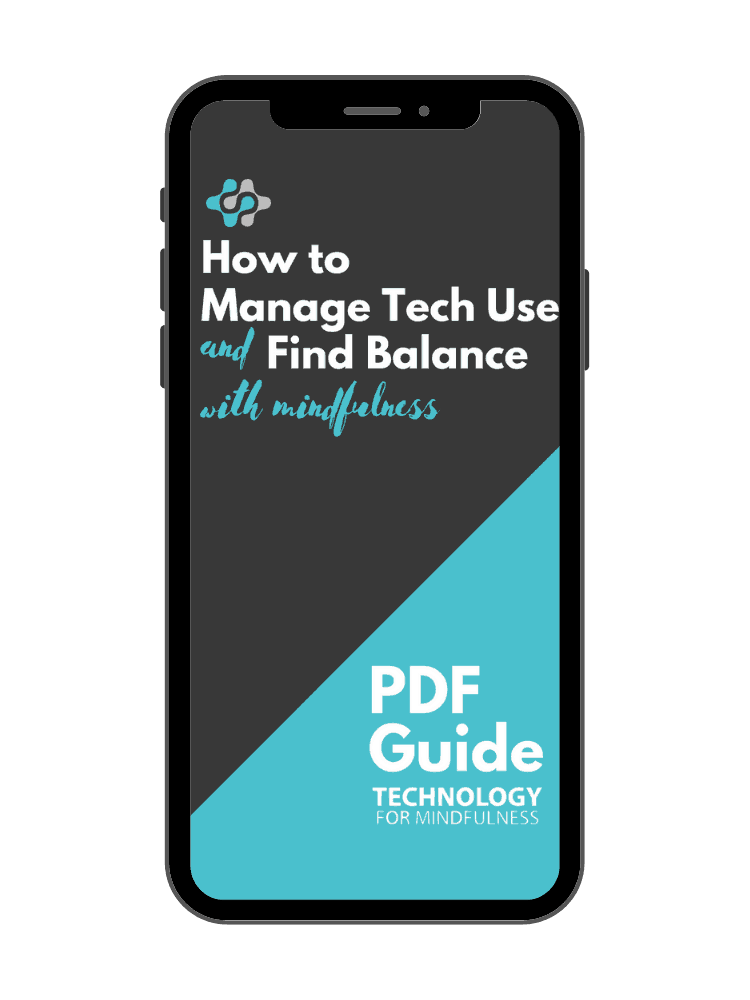When someone, like your doctor, tells you that you need to lose weight, start 
If you’re not thinking mindfully about what they have to say, you might get a little offended or angry, they’re trying to tell you what to do. Of course, you know in the back of your mind that it would be beneficial to your health to lose weight. But on the other hand, you might be thinking, How dare they! Are they calling me fat?!
Studies have found that the more mindful you are, they more likely it is that you’ll be receptive to advice that will ultimately benefit you and your health.
How are mindfulness and making healthy choices related?
In one study, researchers gathered a group of 67 individuals to investigate how mindfulness correlated with the willingness to make healthier choices. Everyone in the group exercised less than 195 minutes per day, or less than 30 minutes per day, the amount recommended by most doctors.
At the beginning of the study, each of the individuals reported their level of mindfulness, physical activity, and overall motivation to workout. After a week they were then shown messages relevant to their own health that were potentially life threatening. These messages encourage physical activity each participant’s reaction to the information was monitored to see how it affected them.
Researchers then left the participants to act on these messages on their own and monitored their daily activity with an accelerometer. After 1 month, participants activity levels were assessed.
So what effect did mindfulness have on exercise?
Participants that were more mindful reported higher levels of vigorous activity, but not in daily activity (measured by the accelerometer). Further, these individuals also felt less of a negative reaction, like shame, after hearing the health messages.
Mindfulness can help ease our pain, it can improve our anxiety problem, and so much more! Do you think these findings will continue to help to promote mindfulness and encourage more people to live in the present?

